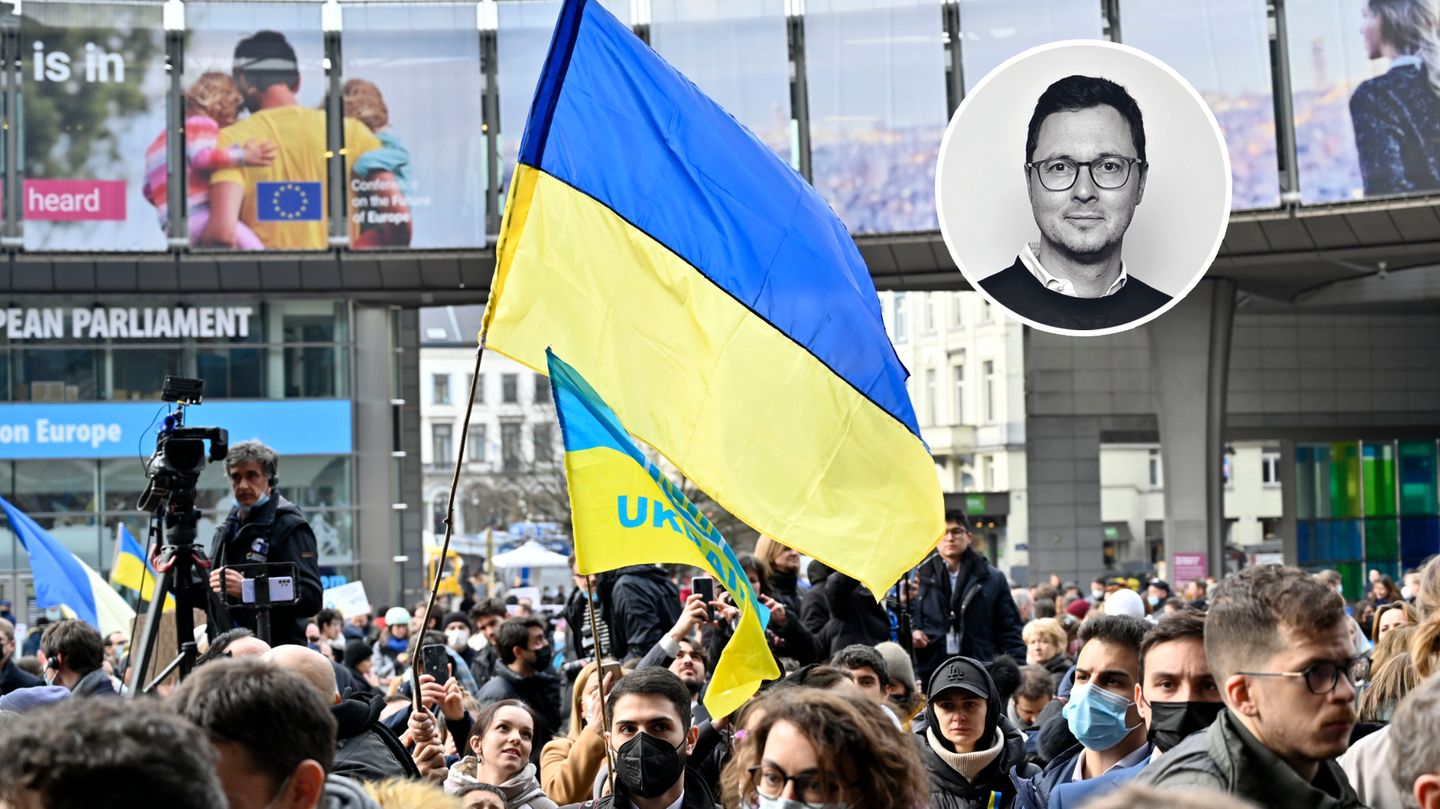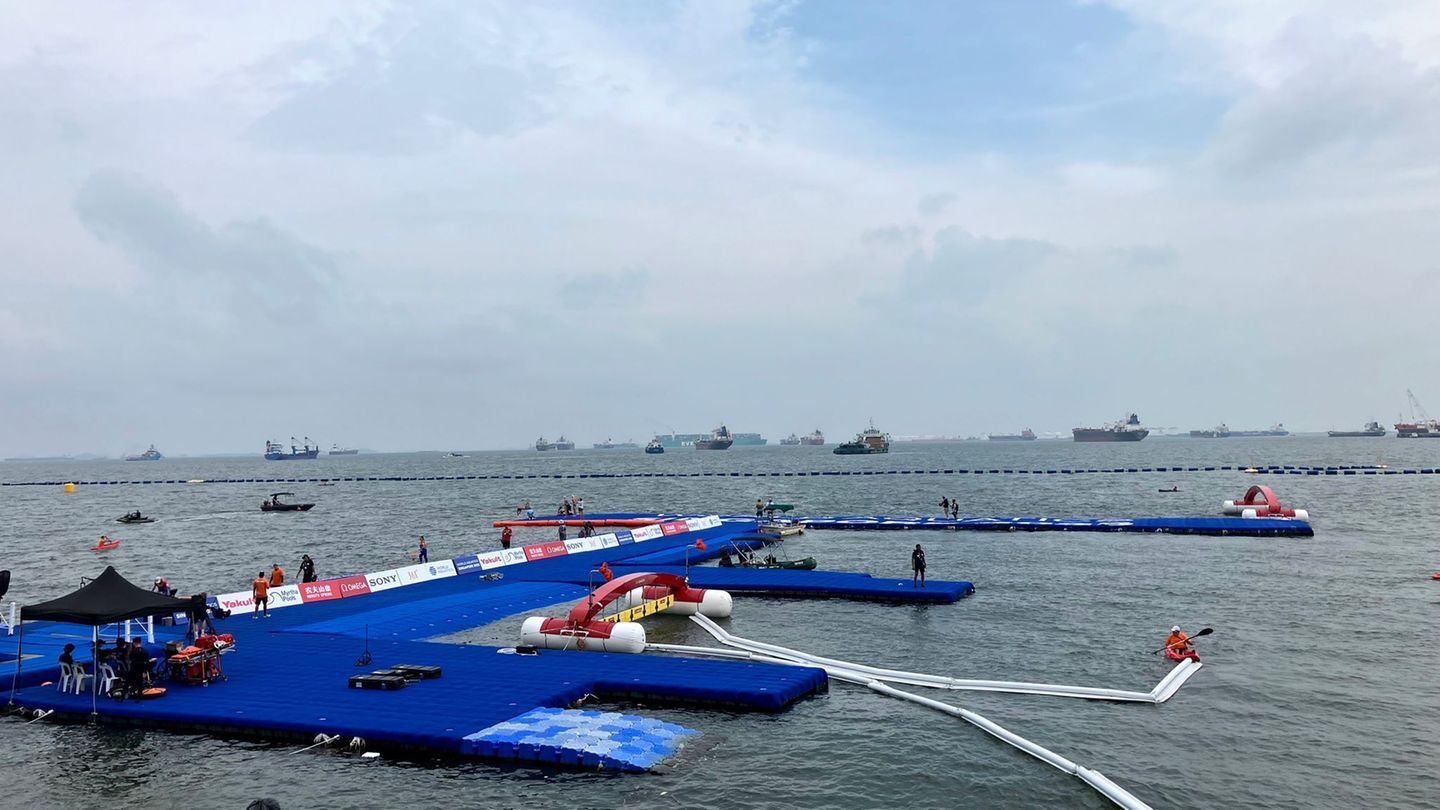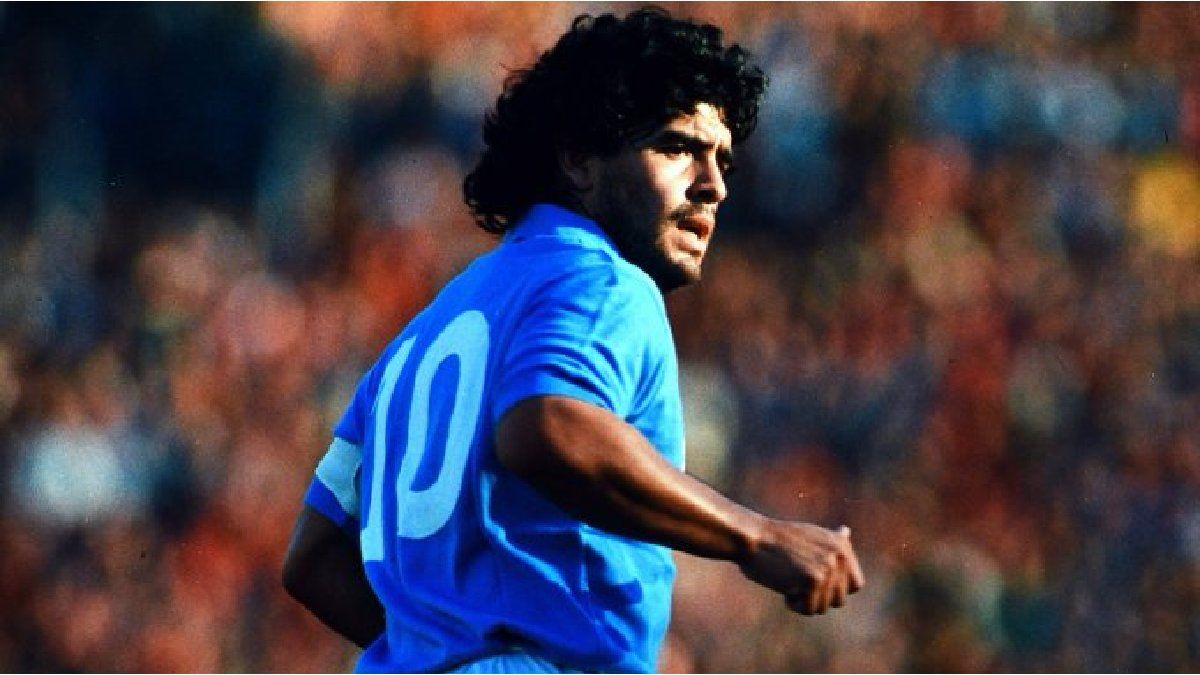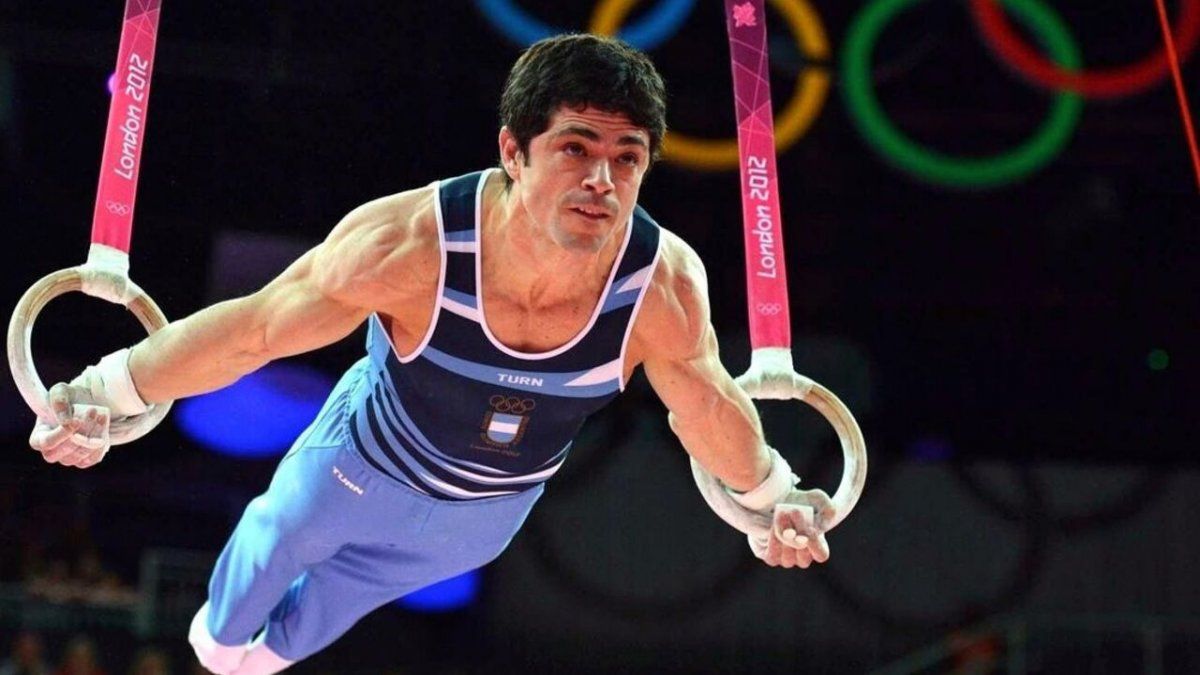column
The Russian war of aggression against Ukraine has united the West, it is more united than ever. There is great opportunity in this bond.
“There are decades when nothing happens and weeks when decades happen.” This quote is repeatedly wrongly attributed to Lenin, in fact the origin is unknown. Nevertheless, it fits these days in the beginning of spring 2022: We are experiencing an acceleration of political processes and decisions that we have probably not known since the beginning of the Second World War. The speedy two-plus-four negotiations after the fall of the wall? Judging by the topicality: cardigans in Crimea, slow motion.
For weeks, Western leaders have assured that they would severely punish a Russian invasion. But since nobody really believed in a war of this dimension, nobody took these threats seriously. According to the motto: What else should you say? The sanctions imposed by the West after the annexation of Crimea in 2014 were not even a pinprick for the Russian ruler. There was nothing threatening that he had to fear. The EU? A quarreling bunch, in which one sometimes argues about the energy efficiency of vacuum cleaners with an empty bag. But serious consequences for Russia? Along with the Americans who are so self-absorbed? Nice try.
Corona or climate protection: So far, there have been no joint strategies
And then there was the almost 600-page catalog of harsh punishments presented to Putin by the Europeans after the war began, garnished with entry restrictions and blocked accounts. Shortly thereafter, Boris Johnson froze the assets of Russian oligarchs stored in England. And then seven banks were locked out of the international Swift system.
These are punches that sit. Seemingly overnight, the West had found a whole new unity, standing shoulder to shoulder as one. In two years of Corona, Europe had not succeeded in developing a common strategy against the virus. When it comes to climate protection and the urgently needed CO2 neutrality, each country goes its own way, including the further expansion of nuclear energy as a bridging technology. Even in relation to Russia, let alone in foreign and security policy: there is no trace of united action. And now even Viktor Orbán condemned the invasion of his good friend in Moscow. (However, he has elections at the beginning of April, and an instinctive politician like him immediately senses that too much proximity to Moscow is currently harmful.)
The only positive of the Ukraine invasion
Evidently it takes powerful pressure from outside to make those in government subordinate all their self-interests to a larger whole. Peace and freedom: the concrete threat on the eastern border has led to a focus on this common denominator. When it comes to our democratic future, we stand together, and the strength that comes from that is far greater than anyone, including Putin, imagined.
This feeling of Western unity is good and is the only positive thing that the invasion of Ukraine has produced. It is unfortunate that it took a war to achieve this unity. How valuable it would be if Europe perceived other challenges – namely the climate catastrophe – as just as threatening. Because that’s what it is: The latest world climate report describes an acute threat to the conditions of human life on earth. There is no shooting here, but action has to be taken here too. Closed and fast.
Source: Stern
David William is a talented author who has made a name for himself in the world of writing. He is a professional author who writes on a wide range of topics, from general interest to opinion news. David is currently working as a writer at 24 hours worlds where he brings his unique perspective and in-depth research to his articles, making them both informative and engaging.




